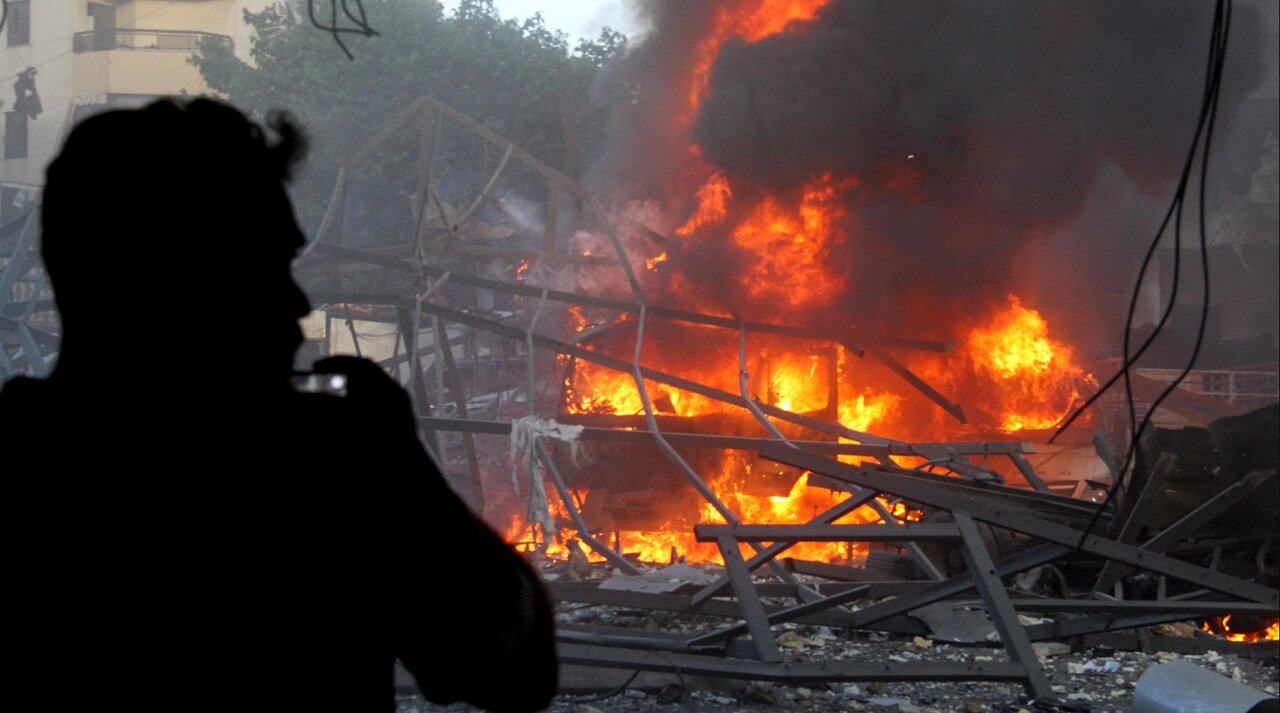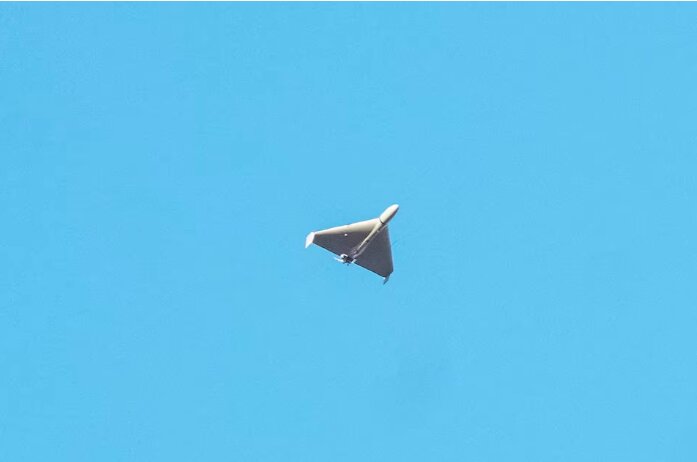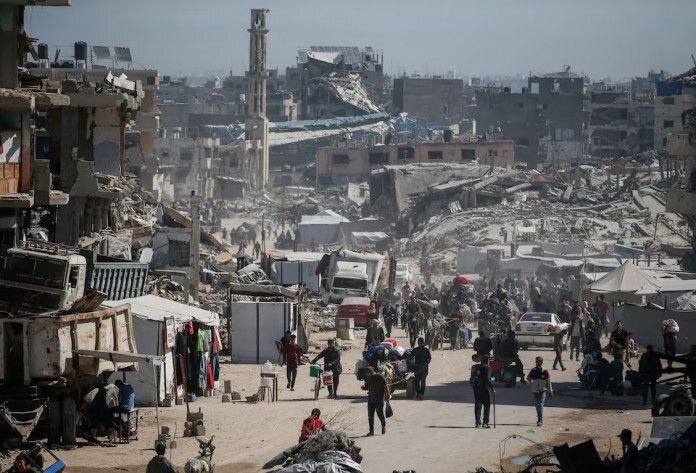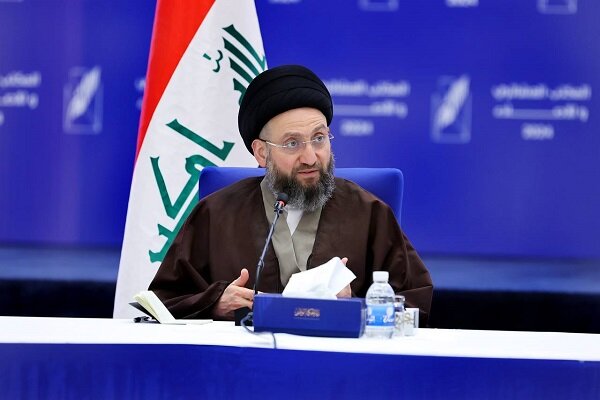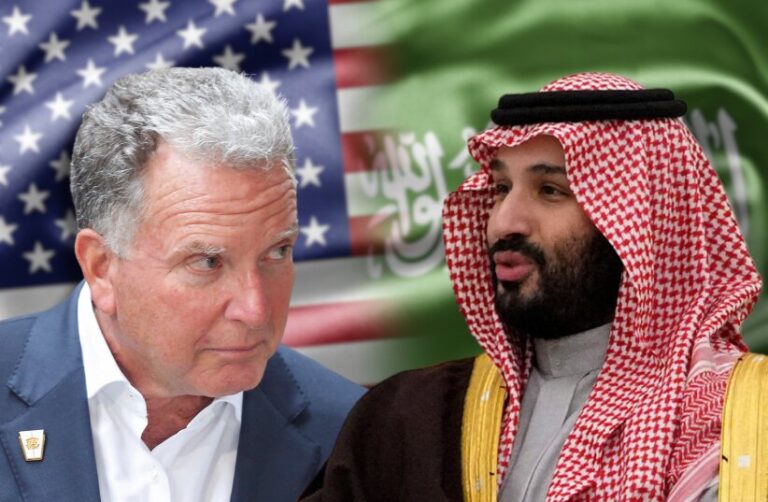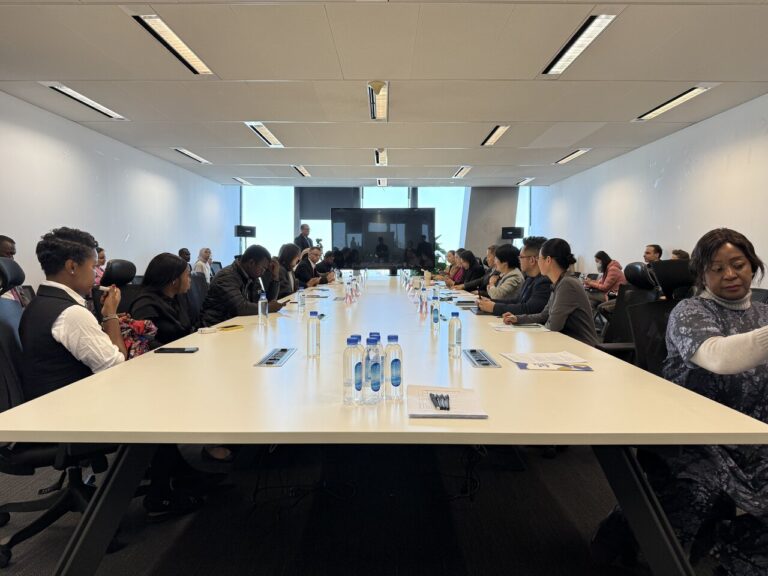Escalating Tensions: Israel Intensifies Pressure on Lebanon in New Phase
In a significant escalation of hostilities, the Israeli regime has conducted an aerial attack on the southern suburbs of Beirut, marking a blatant violation of the ceasefire and Lebanese sovereignty. This military action is part of a broader U.S.-Israeli strategy that has been persistent since the ceasefire agreement was established last November. The attack reflects a growing concern in both Tel Aviv and Washington that the recent war against Lebanon, which took place from September to November, failed to diminish Hezbollah’s influence or eliminate its perceived threats.
The airstrikes targeted various vital facilities, homes, and infrastructure, particularly in the villages along the front lines with occupied Palestine. As the assault progressed, it expanded north of the Litani River, impacting the Bekaa Valley and the southern suburbs of Beirut.
This new aggression coincides with a substantial political and media campaign led by Lebanon’s anti-Resistance factions. They have been vocal in their threats towards Hezbollah, suggesting that disarmament is necessary, or else its popular base will face increased bombing, pressure, and obstacles to reconstruction efforts.
Interestingly, during this latest attack, the Israeli regime refrained from claiming that the strikes were a response to rockets allegedly fired from Lebanon into occupied Palestinian territories, a justification they have used in the past. The absence of such claims raises concerns about the potential for further Israeli attacks, especially given the international silence and the lack of action from the Lebanese government.
The timing and nature of this aggression appear to be calculated, aimed at intimidating and pressuring the pro-Resistance base in Lebanon. The campaign is designed to instill a belief that the bombardment is merely one of many attacks to come. It has become evident that the Israeli leadership recognizes the critical importance of timing in achieving their strategic political objectives. They seem to be in a hurry, likely due to the understanding that Hezbollah is currently undergoing a phase of recovery—a fact that is neither concealed nor surprising.
Moreover, these anxieties about Hezbollah’s resurgence have also permeated Lebanon’s anti-Resistance factions, who are openly advocating for the disarmament of Hezbollah at the earliest opportunity.
The pressing question arises: When will the Lebanese government take decisive action to curb Israeli aggression? The current state of affairs is reminiscent of the past decade when the people of southern Lebanon took up arms to resist Israeli incursions.
It is increasingly unacceptable for Lebanon to remain under the threats posed by the Israeli army’s spokesperson, Avichay Adraee. Unfortunately, it is disheartening to note that the Lebanese government has not enacted any significant diplomatic measures to protest Israel’s violations of Lebanon’s sovereignty and the ceasefire agreement.
How many times have Lebanese officials summoned American and French ambassadors to formally express Lebanon’s discontent with Israel’s actions? The answer is alarmingly few.
The recent attack on Beirut’s southern suburbs not only targeted the supporters of the Resistance but also sought to undermine the Lebanese state itself, threatening its institutions, sovereignty, and security. This situation underscores the reality that Israel and its allies do not genuinely value the concept of peace.
Consequently, when the state is unable to safeguard its citizens, it becomes imperative to explore alternative means of protection. This idea was poignantly articulated by martyr Sayyed Musa al-Sadr in 1974, long before the establishment of the current Resistance movement and prior to the Israeli invasion.
- Israeli Aerial Attack: Targeted southern suburbs of Beirut, violating ceasefire and Lebanese sovereignty.
- Strategic Objectives: Aimed to weaken Hezbollah; failed to achieve this during previous conflicts.
- Expansion of Attacks: Initially focused on front-line villages, later extended to northern regions and Bekaa Valley.
- Political Propaganda: Anti-Resistance factions threaten Hezbollah with disarmament or face more bombings.
- Lack of Response: Israeli regime did not claim retaliation for rocket fire, raising concerns about future attacks.
- Urgent Need for Action: Lebanese government must respond to Israeli aggression to protect its citizens.
In conclusion, the current geopolitical situation in Lebanon is fraught with tension and uncertainty. As the Israeli regime continues to carry out aerial attacks, the Lebanese government must take significant steps to protect its sovereignty and maintain peace within its borders. Only through decisive action can Lebanon ensure the safety and security of its people.
